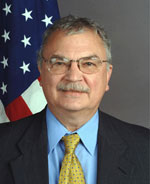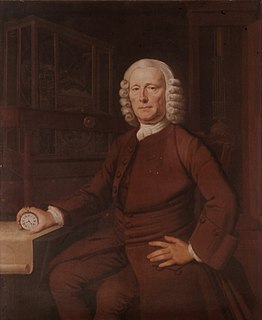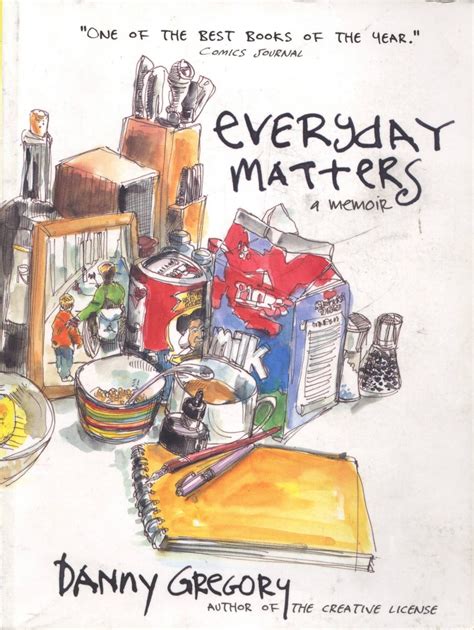A Quote by Ken Liu
The 'silk' in silkpunk refers not to a source of power, but to an entirely different, expressive technology language.
Quote Topics
Related Quotes
It would be naïve to imagine that any analysis of experience is dependent on pattern expressed in language. Any concept, whether or not it forms part of the system of grammatical categories, can be conveyed in any language. If a notion is lacking in a given series, it implies a different configuration and not a lack of expressive power.
There is a great difference, then, between "power" and "authority." Power refers to one's ability to coerce others (through physical, economic, or other means) to do one's bidding. One can possess the means of power: physical strength, armaments, and money. But authority must be performed. Authority refers to one's ability to gain the trust and willing obedience of others. While power rests on intimidation, authority survives through inspiration.
Using technology merely to lower operational costs amounts to standing on a whale fishing for minnows. It just allows you to do the old thing more efficiently, where in this moment of deep transformation, it is much more likely that you should be doing something entirely new in an entirely different way.
People always think of technology as something having silicon in it. But a pencil is technology. Any language is technology. Technology is a tool we use to accomplish a particular task and when one talks about appropriate technology in developing countries, appropriate may mean anything from fire to solar electricity.
Travel opens different eyes to different things, shows things we've never seen before, shows the world from entirely different angles. That's the power of drawing and the power of travel. They both make the familiar unfamiliar and vice versa. They show what we all have in common and what we may have missed thanks to preconceptions that may have marred our vision.

































